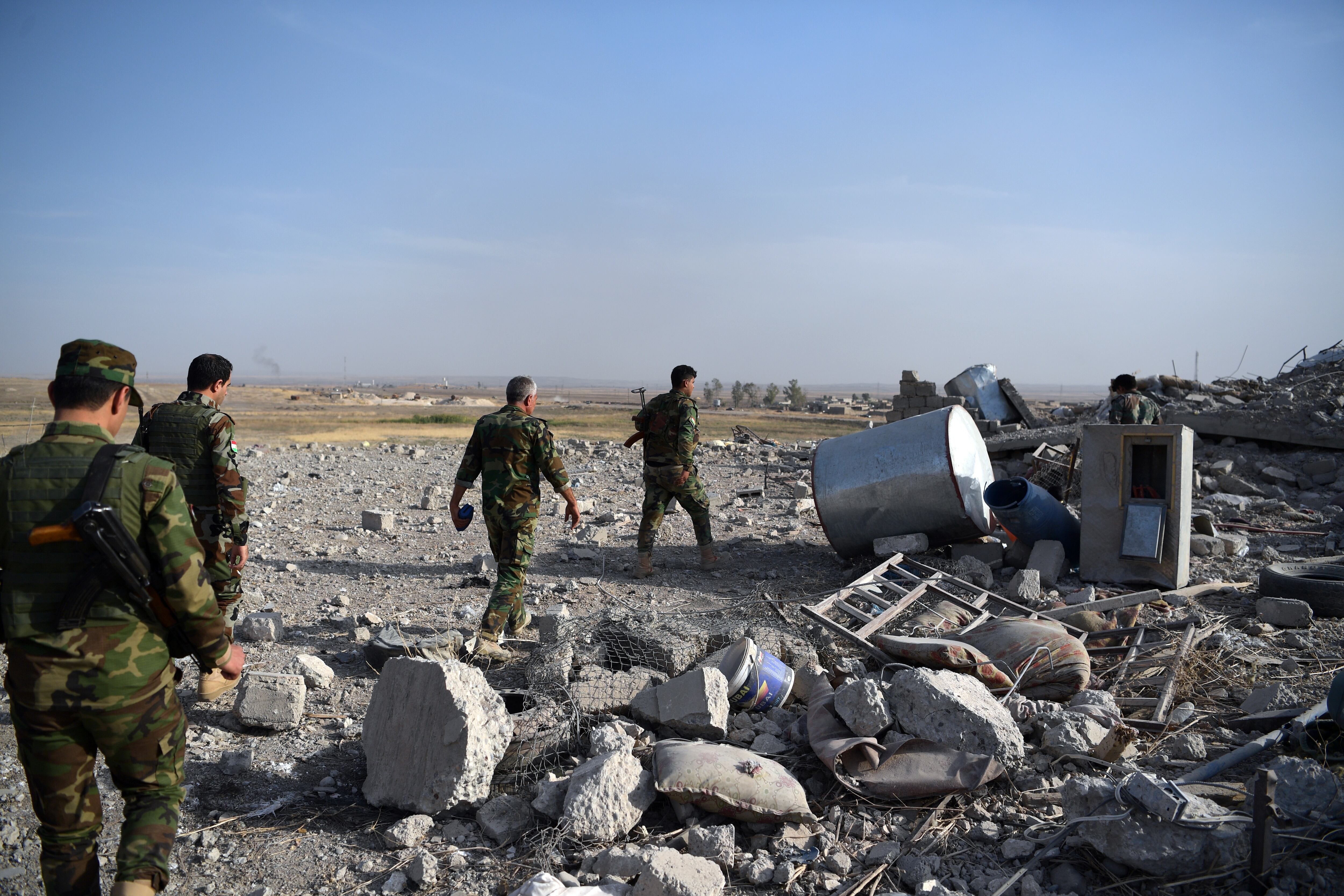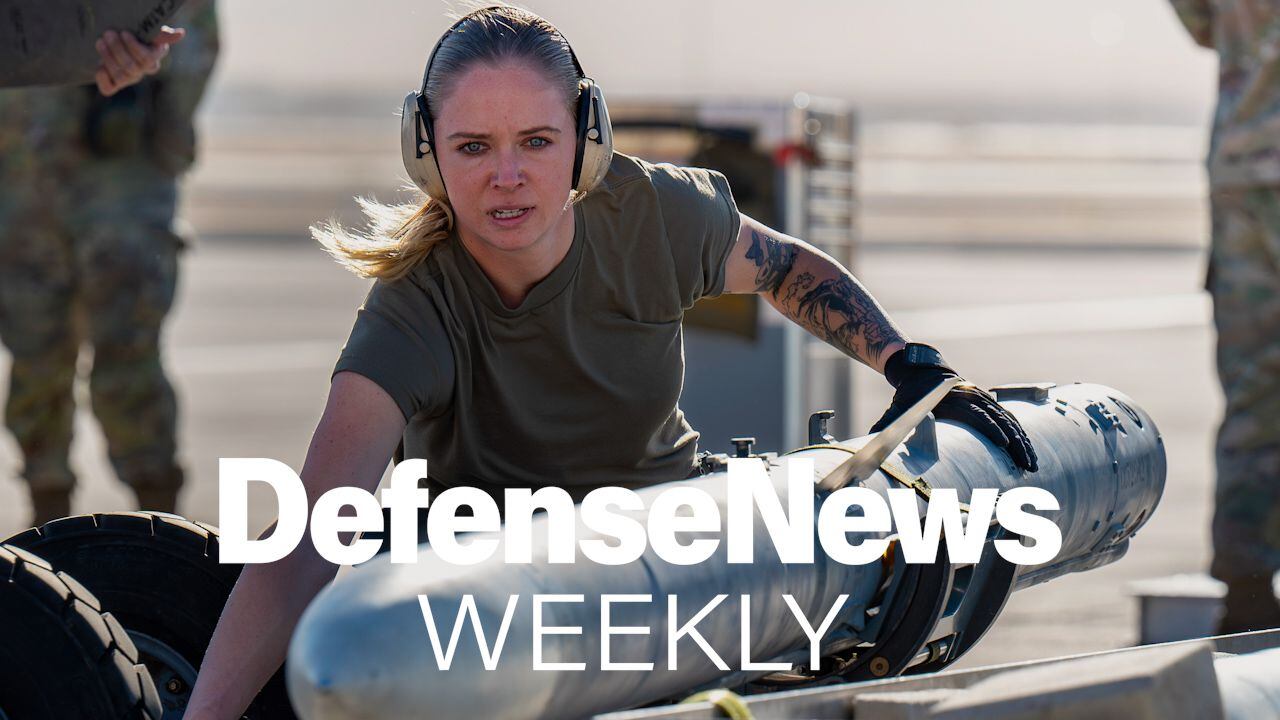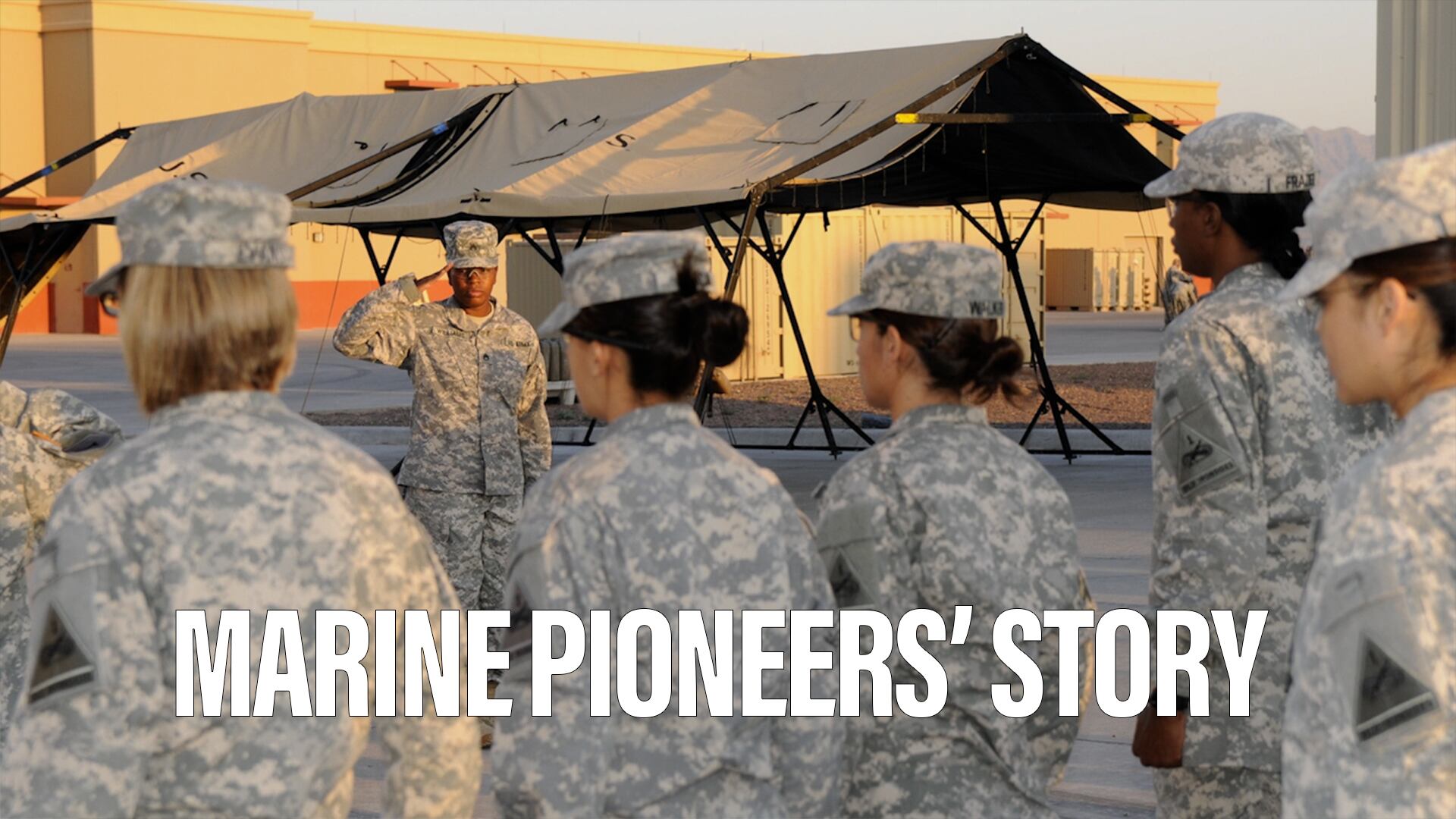WASHINGTON – As the long-awaited attack on Islamic State forces occupying the Iraqi city of Mosul begins, US Secretary of Defense Ash Carter is scheduled to visit the region.
Carter arrives Friday in Turkey, then travels to the United Arab Emirates before heading to Paris on Oct. 24 for a meeting of the counter-ISIL coalition. He ends his trip Oct. 26 in Brussels to follow up on July's NATO summit in Warsaw.
The trip was officially announced roughly 24 hours after the Iraqi government began operations to take back Mosul, seen as the last stronghold of ISIS within that country.
Reports from the ground have described early successes for the coalition of Iraq Security Forces (ISF) and Kurdish Peshmerga fighters. However, Pentagon spokesman Capt. Jeff Davis warned reporters Tuesday to keep expectations realistic.
"It’s an ugly fight, but I would tell you we’ve seen very good progress," Davis said. "It’s day one. Don’t get your hopes up. It’s going to take a while."
Roughly 10,000 Kurds and 18,000 Iraqi security forces are involved in the overall military operation, with a "couple thousand" police coming behind to help secure areas taken back from ISIS. Davis added that a "generous" estimate of ISIS fighters in and around Mosul would sit at around 5,000.
As to US forces, there are at least 100 individuals spread throughout the Kurdish and ISF forces to advise and assist. Those forces are still staying behind the front lines, Davis added.
From an air power perspective, four strikes occurred in and around Mosul on Monday. Davis would not say which US aircraft are directly involved in operations, but did say B-52s were used to drop leaflets into Mosul over the last 24 hours.
Peter Cook, Pentagon press secretary, told reporters Monday that as many as seven million leaflets could be dropped in the Mosul region in the next few days. Those leaflets include recommendations for civilians on what to do as airstrikes begin or fighting enters their neighborhood.
US Apaches, located in country, have yet to be deployed, although that option is available if needed, Davis added. There have been strikes launched from the M142 High Mobility Artillery Rocket System (HIMARS) as well.
Turkish Discussions
When Carter travels to Turkey, he will meet with his counterparts to discuss the ongoing situation in both Syria and Iraq.
The trip marks the first time Carter has visited Turkey since July’s attempted military coup, which put a major strain on the relationship between the two nations. President Recep Tayyip Erdogan and government officials have placed blame for the coup on Fethullah Gulen, a powerful Muslim cleric living in exile inside the US, and demanded his extradition to Turkey.
Turkish officials also claimed that current and former US military officials were involved in planning the coup, something the Pentagon has steadfastly denied.
In addition to working to put this summer’s tensions in the past, Carter will also have to navigate comments from the Turkish government about their role in Iraq. Turkish forces have been based inside Iraqi soil for the better part of a year, something condemned by Iraqi Prime Minister Haider al-Abadi.
And over the last week, Erdogan has indicated he expects Turkish forces to be active inside Iraq in the future. The Independent newspaper quoted Erdogen Oct. 11 as saying, "Turkey cannot intervene against the threats right next to it? We will never accept this. ... We don’t need permission for this, and we don't plan on getting it."
On Monday, Cook told reporters that the Pentagon encourages both the Iraqis and Turks to sit down and "resolve" these issues as quickly as possible.
"Prime Minister Abadi has made clear that forces operating in Turkey, international forces, need to be there at the consent of the Iraqi government," Cook said. "We agree with that position. And we encourage the Iraqi government and the Turkish government, both have ample interest in seeing ISIL defeated, in resolving these issues and we certainly are hopeful that that can be done."
That relationship remains fluid, with the Turkish government tweeting out Tuesday afternoon a quote from Turkish Defense Minister Fikri Işı that "We reached an agreement with coalition forces to include our Air Force into #Mosul operation." The Pentagon could not independently confirm that agreement.
Aaron Mehta was deputy editor and senior Pentagon correspondent for Defense News, covering policy, strategy and acquisition at the highest levels of the Defense Department and its international partners.








